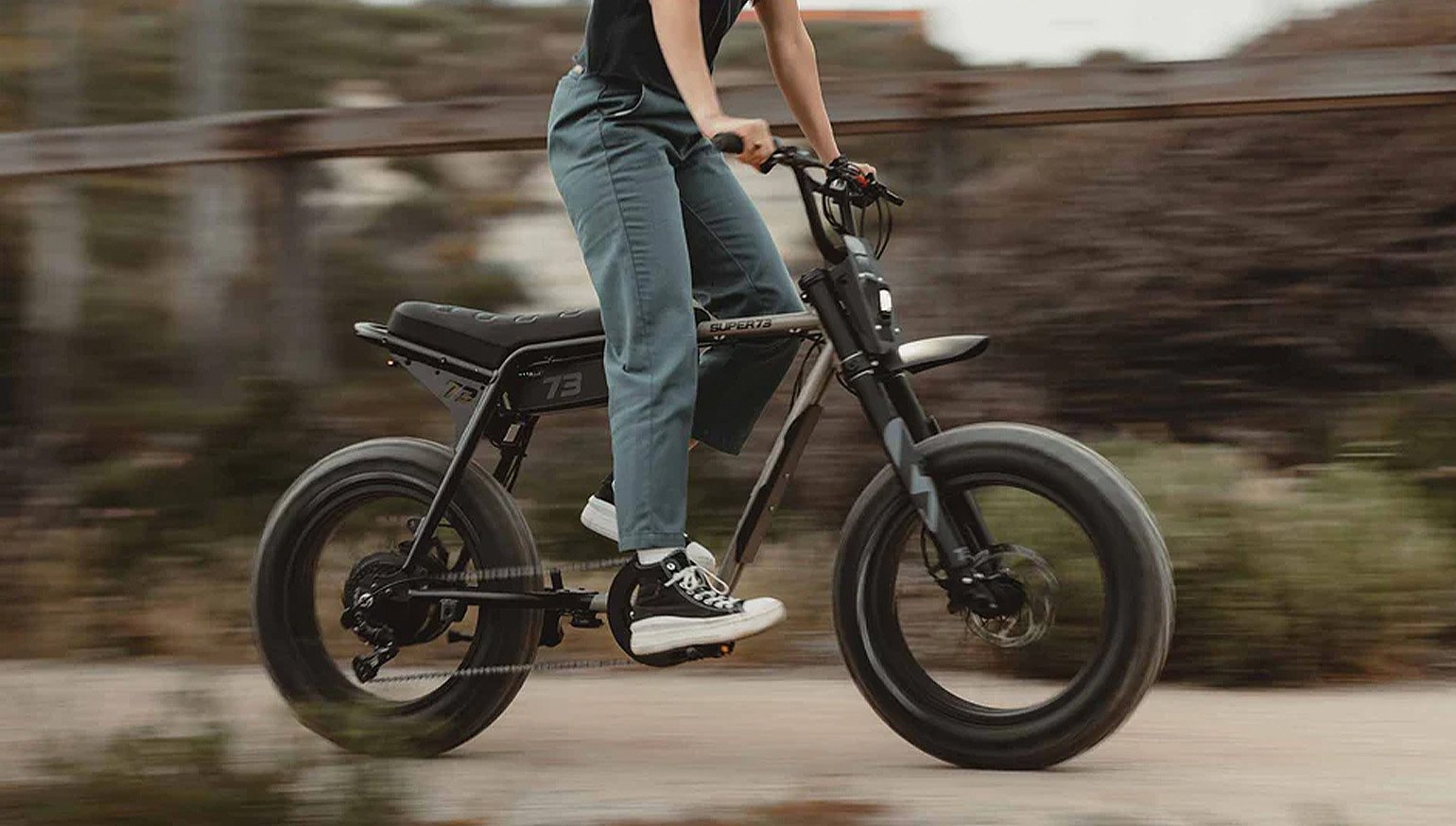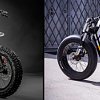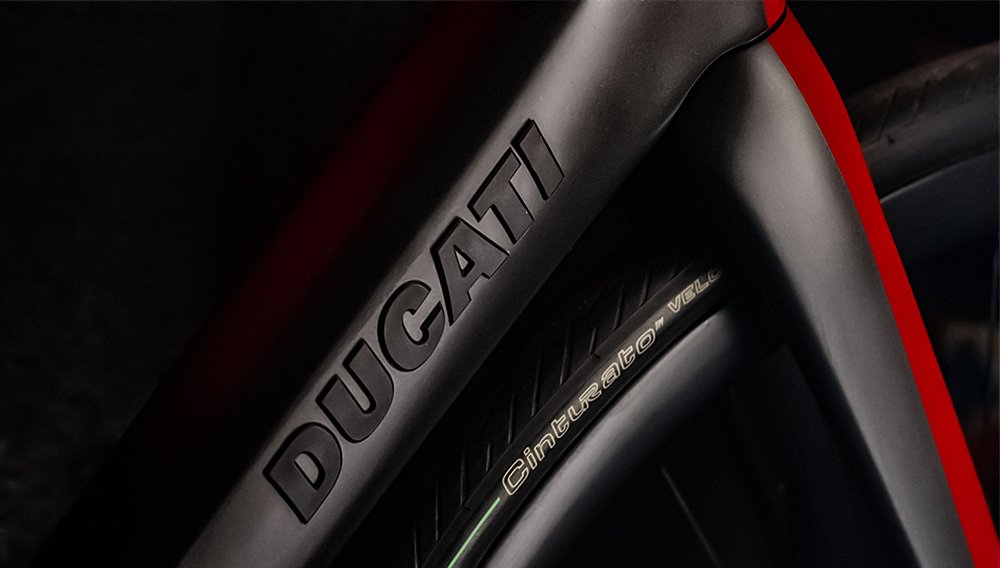Today’s e-bikes blur the lines between traditional bicycles and scooters. That’s especially true when manufacturers flout electric bicycle regulations. A recently filed class-action lawsuit accuses popular e-bike maker Super73 of doing just that.
A civil suit filed by Hillary Whitman of Fairfax, California, accuses the brand of knowingly selling illegal electric bicycles. The legal action doesn’t just challenge Super73’s marketing and business strategy but also well-known industry practices.
Law of the land
Under California law, an e-bike must have fully operable pedals and an electric motor that doesn't exceed 750 watts. The state also categorizes electric bicycles into three distinct classes. Class 1 and Class 3 e-bikes are pedal-assist models. The former is limited to 20 mph. The latter reaches speeds up to 28 mph, but riders must be 16 years old, wear a helmet, and can’t transport passengers.

Like Class 1 models, Class 2 electric bikes are restricted to 20 mph. The major difference is that Class 2 units are throttle-assisted, not pedal-assisted. Super73 sells all of its Z, S, and R-series models as Class 2 e-bikes. Therein lies the problem, according to the lawsuit.
Above the law
In June 2023, Whitman purchased a Super73 Z Adventure for her 12-year-old son. Like most Super73 products, Z Series e-bikes carry a Class 2 label that lists its 750-watt capacity and 20-mph speed limit. In the lawsuit, Whitman contends that the model can be “manually throttled not only after the vehicles reach 20 miles per hour, but also after the vehicles reach 28 miles per hour.” That’s because users can access “off-road” mode via Super73’s mobile app. Whitman’s son did just that months after receiving the e-bike.

By August 2024, Whitman learned that her son’s school required all electric bicycles “to be registered with the school.” That process revealed that all Super73s were banned from the campus. To determine whether she could “make the vehicle legal for her son to ride it,” Whitman contacted the Central Marin Police Authority. Chief Michael Norton informed her that Z Series models didn’t qualify as “Class 2 e-bikes or any class of e-bikes under California law.”
Now, Whitman wants Super73 to issue a full refund for the nearly $3,000 e-bike. She also demands the brand to “stop marketing and selling its dangerous vehicles as e-bikes in California.” The class-action suit also opens the doors for Z, S, or R-Series purchasing customers (in California) to seek compensation.
Thus far, the lawsuit has only progressed to the Case Management Conference stage. While the filing states Whitman’s intention to take the suit to trial, there’s no telling whether Super73 will settle the case outside of court. Whether or not it advances to a jury trial , the suit could impact how Super73 does business moving forward.
I contacted Super73 to offer an opportunity to comment on the lawsuit but did not receive a response before this article was published.
More than moto-inspired?
The complaint doesn’t stop at calling Super73 models illegal. It goes as far as labeling them motorcycles. The document even accuses the brand of producing “motorcycles masquerading as e-bikes.” It cites several local police departments, school districts, and bicycle coalitions that agree with that assessment, as well.

Super73s may not comply with e-bike regulations by the plaintiff’s account, but I think most motorcyclists would argue against labeling them as motorcycles. I know I do. Still, I have to admit that many of today’s electric bicycles (including those from Surron, Segway, etc.) occupy the gray zone between e-bikes and motorcycles. Whether or not Whitman’s lawsuit changes that, we’ll have to wait and see.











